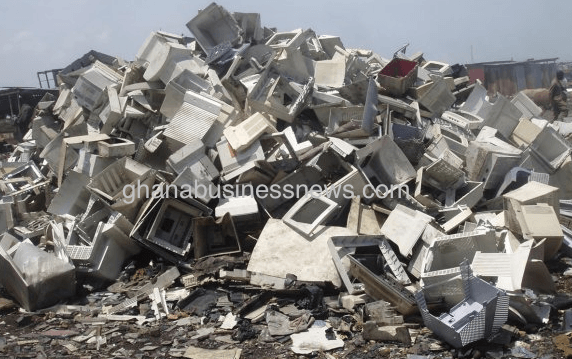

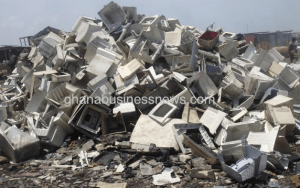
Ghana is integrating e-waste management and recycling into technical and tertiary education curricula to formalise the informal sector and promote sustainability.
Dr. Vincent Nartey Kyere, E-waste Team Leader at the Ministry of Environment, Science, and Technology, told the Ghana News Agency the initiative aims to equip young people with sustainable waste management skills and create a structured recycling system.
Three Schools of Hygiene in Accra, Tamale, and Ho have incorporated e-waste management into their syllabi with support from the German Government, KfW, and Mountain Research Institute.
Dr. Kyere said plans were underway to include similar content in technical schools and university programmes.
“We believe that when students are exposed to e-waste recycling early, they can develop the expertise and mindset needed to manage it professionally.
“This approach will help formalize the informal sector and create green jobs while addressing the environmental risks posed by unsafe e-waste disposal,” he said.
The initiative includes short courses for informal workers like scrap dealers, many of whom are embracing safer recycling practices.
“Some scrap dealers have testified that they no longer resort to burning e-waste,
But there must be systems in place to absorb and process the materials they collect,” Dr. Kyere noted.
Mrs. Florence Kuukyi, Public Health Director for the Accra Metropolitan Assembly (AMA), told GNA that integrating e-waste into curricula would prepare students for work.
“The sanitation sector in the twenty-first century is broad and evolving, so this is a good opportunity for students to build capacity and prepare adequately for the task ahead,” she said.
Mrs. Kuukyi noted that sanitation officers develop campaigns on issues like sustainable consumption, circular economy, and air pollution, requiring a strong understanding of the sector.
Experts attribute rising e-waste to increased use of electrical and electronic gadgets (EEGs), economic growth, and imported secondhand EEGs with short lifespans.
An estimated one in four EEGs arrive as waste.
UNDP estimates e-waste activities in Ghana generate $105–268 million annually and provide livelihoods for at least 200,000 people.
Informal metal extraction methods, including open burning, have contaminated water sources and released toxic gases, causing severe health issues.
Ghana operates three e-waste collection centres in Abossey Okai (Agbogbloshie), Koforidua, and Kumasi.
These centres accept used cables, mixed batteries (excluding car batteries), electronic thermoplastics, and CRT televisions.
Collectors receive financial incentives, and the materials are transferred to EPA-certified facilities for proper recycling.
The programme, launched as a pilot, is set to end in January 2026, though stakeholders are advocating for its extension.
“This pilot is testing the national system. The idea is to ensure that when a product reaches the end of its life, the advanced recycling fee already paid will fund its collection and recycling,” an EPA official explained.
Source: GNA
The post Ghana says it’s integrating e-waste recycling into tertiary education curriculum appeared first on Ghana Business News.
Read Full Story
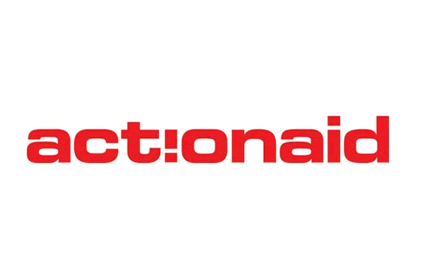

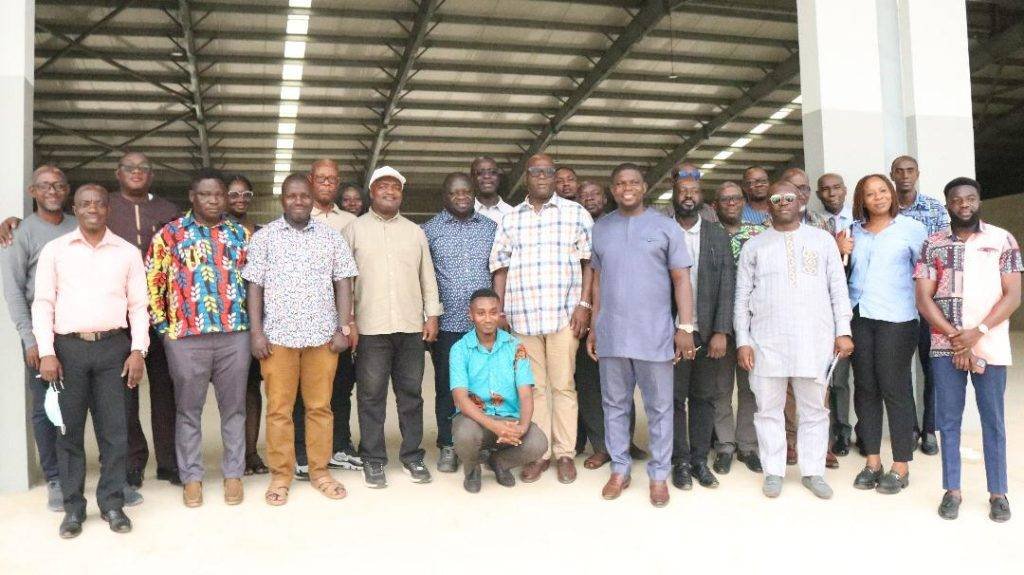


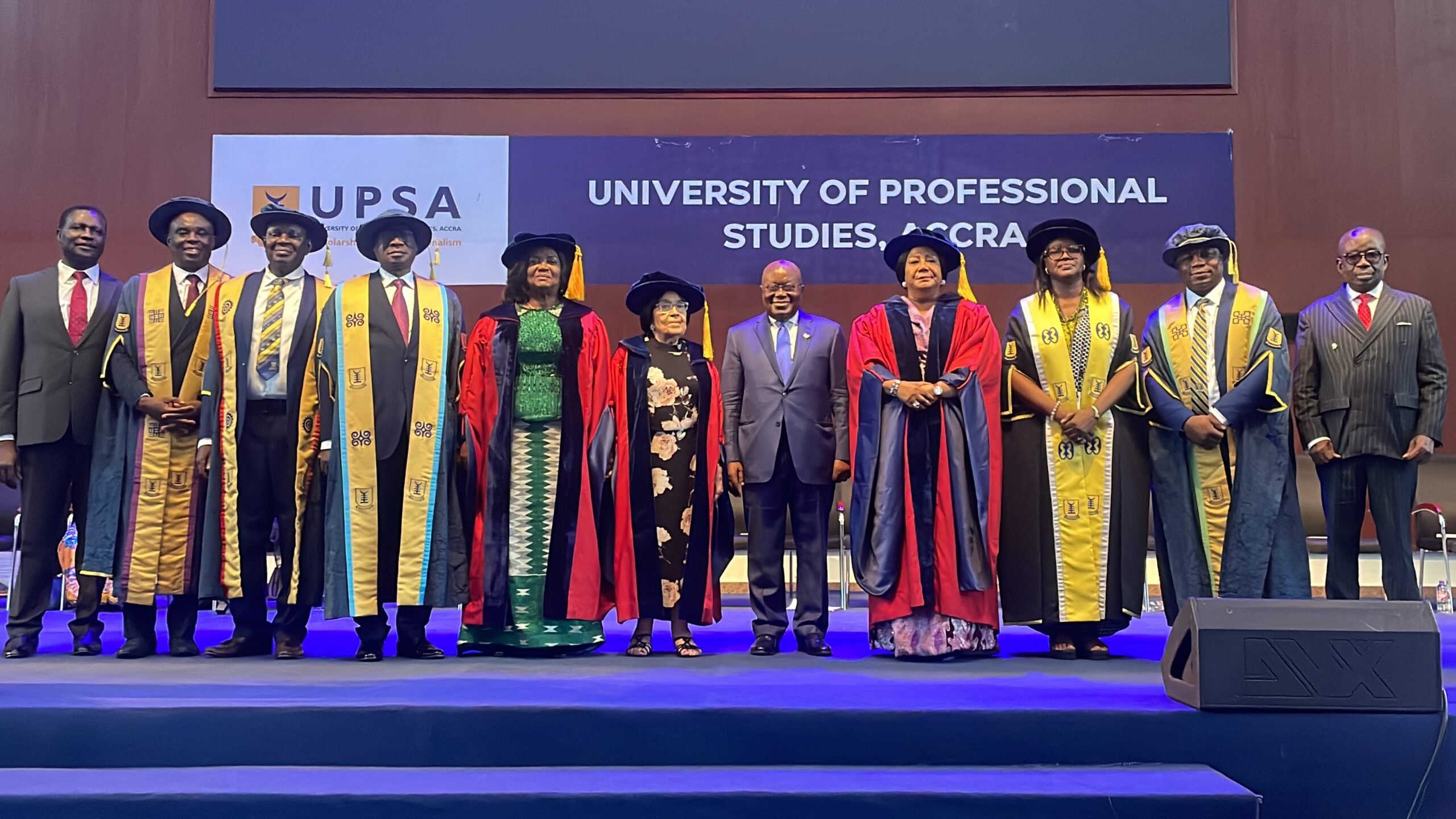
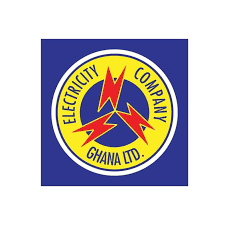
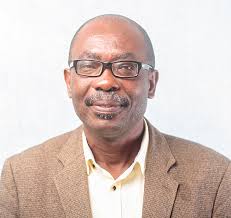
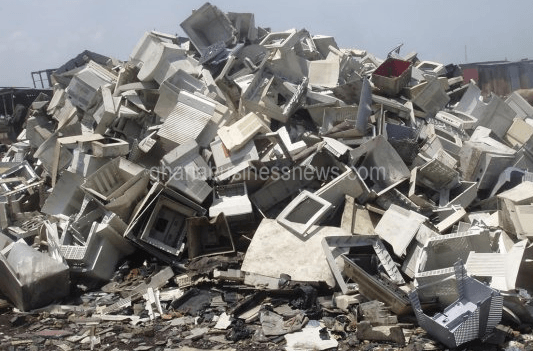













Facebook
Twitter
Pinterest
Instagram
Google+
YouTube
LinkedIn
RSS